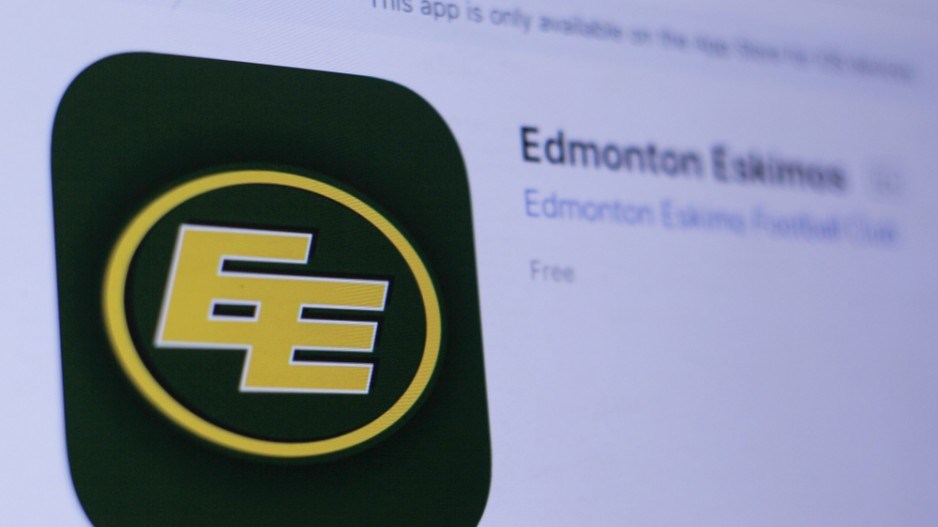The debate over the use of terms by professional sports franchises that allude to Native American and First Nations groups began in the 1970s.
In this century, some of the teams that have been urged to change their logos and names have completely ignored the pleas from organizations in the United States and Canada, while others have made some small gestures.
Many Canadians were first exposed to this issue in 1992, when the Toronto Blue Jays played the Atlanta Braves in the Major League Baseball (MLB) World Series. At the time, the so-called “Tomahawk Chop” was a fixture in games played at the now-demolished Fulton County Stadium.
While sports fans may have reacted with disgust, it was not nearly as offensive as other spectacles that the Braves had concocted in the past – including the team’s original mascot, Chief Noc-A-Homa.
For those not old enough to remember, Chief Noc-A-Homa emerged from a teepee-shaped platform to dance after home runs hit by the home team. Years later, in a bewildering instance of gender parity, the mascot was joined by Princess Win-A-Lotta.
In 2015, critics of the MLB’s Cleveland Indians included broadcasters for the Blue Jays and then Ontario premier Kathleen Wynne. The Indians, following years of condemnation from Native American groups in the United States, ultimately chose to retire the logo of Chief Wahoo in favour of a “C.” There has been no indication of whether a change in the name of the franchise would be considered.
Canada is not immune to this controversy. Earlier this year, McGill University abandoned the Redmen moniker for its varsity sports teams. This led to speculation that the Edmonton Eskimos of the Canadian Football League (CFL) would announce a name change before the start of the season.
In stark contrast with some U.S.-based franchises, the Eskimos have not usurped Inuit imagery. The team has two mascots: Nanook, a polar bear, and Punter, a football. Their logo is perhaps the most innocuous in the entire league.
When Research Co. asked Canadians about this matter last month, three in five respondents (60%) said they think the Edmonton Eskimos name is acceptable, while 23% think it is unacceptable. The results show little fluctuation from a survey conducted in 2017.
While the needle did not move much in the past two years, there are some gender and generational differences worth noting. Men are significantly more likely to have no qualms about the name of this CFL franchise (66%) than women (54%).
While two-thirds of Canadians aged 55 and over (67%) think it is acceptable to name a sports franchise “Eskimos,” the proportion drops to 60% among those aged 35 to 54 and 49% among those aged 18 to 34.
Albertans are decidedly more likely to accept the name of Edmonton’s CFL team (71%) than residents of British Columbia (64%), Quebec (60%), Manitoba and Saskatchewan (58%), Atlantic Canada (57%) and Ontario (56%)
Canadians who voted for the Conservative Party of Canada in 2015 are more likely to have no problem with the name (73%) than those who cast ballots for the Liberal Party of Canada (60%) or the New Democratic Party (53%) four years ago.
Another Canadian franchise has received some censure: the Chilliwack Chiefs of the British Columbia Hockey League. In 2017, the team announced it was retiring a mascot named Chief Wannawin, but there was no change to the team name itself. As was the case with the Edmonton Eskimos, 60% of Canadians see no problem with the name of this franchise, including 63% of those in British Columbia.
The way Canadians feel about the names of franchises based in the United States varies. More than three in five respondents think the Atlanta Braves (66%), the Chicago Blackhawks of the National Hockey League (65%) and the Kansas City Chiefs of the National Football League (NFL) (62%) all have acceptable names.
The perception of appropriateness is lower for two teams: the Cleveland Indians (57%) and the NFL’s Washington Redskins (54%). The case of the Redskins is more contentious, since the team represents the U.S. capital and continues to rely on a word that has been defined in many dictionaries as disparaging, obsolete and offensive.
It remains to be seen if the Edmonton Eskimos will consider a change to the team’s name. The survey shows that the appetite for an immediate modification is low, but younger Canadians are less likely than their older counterparts to look at any of these franchise names – including the one in Edmonton – as “acceptable.”•




